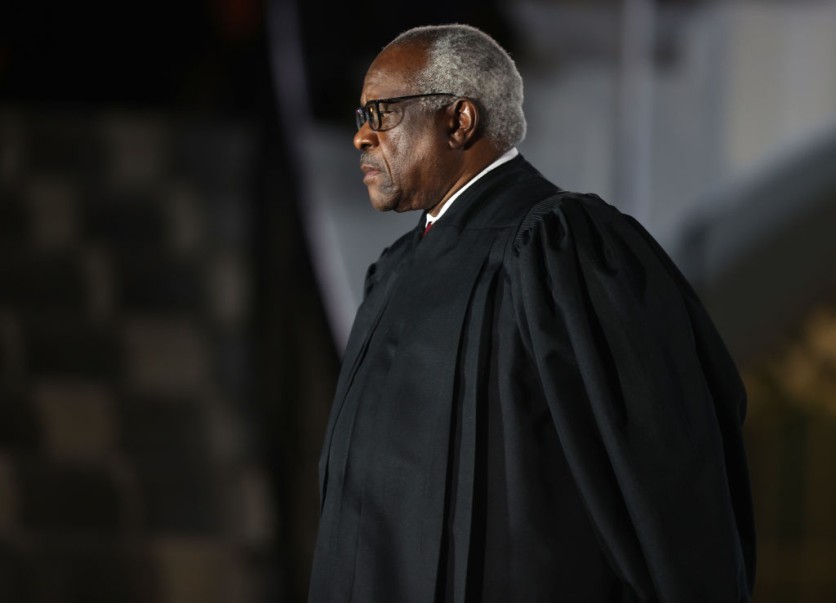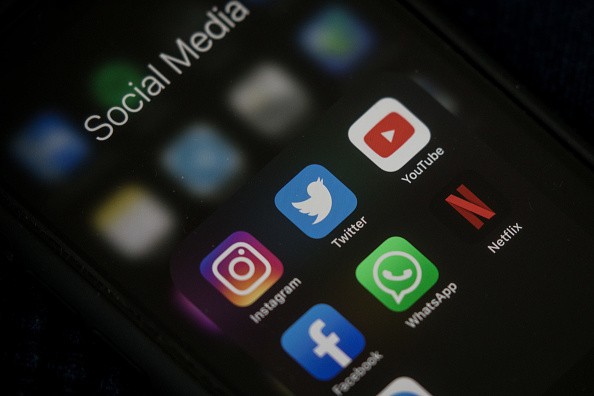Supreme Court Justice Clarence Thomas reveals that he wants to implement new laws that would govern over social media platforms to control their power. This means that he US government would act as a regulation committee over what happens online.
Before this, social media platforms like Facebook, Twitter, Instagram, Parler, and others have been observing "self-regulation."
Supreme Court Justice's Idea of Regulating Social Media Platforms

Social Media has always been the "free" platform online, and it has been that way since the early online networking platforms such as Friendster, MySpace, Yahoo Messenger, and other old social websites. However, it has been a "gray area" for most governing laws, unless the recent ones were passed to protect people online.
The idea of social media is to be an online outlet for people, and the only thing that stands in the public's ways are the Community Guidelines and moderators that regulate behavior, as well as content online. According to a report by Fortune, a Supreme Court justice named Clarence Thomas wishes to change this, and regulate them like "public utilities."
This goes against the main idea of social media being an online outlet, and could potentially remodel the landscape that was set by these companies and applications for more than a decade from now. The target of this idea is to keep social media platforms from "de-platforming" personalities that struck out or violated their laws.
Read Also: GameStop Cashes In with $1B Share Sale Program for the Public-Will it Finally Happen?
'Partly Regulate' Social Media Like Telephone Carriers

According to Supreme Court Justice Thomas, the new implementing laws would not fully control these platforms, rather, "partly regulate" these social media like telephone companies, which they resemble. Phone companies are said to be similar to Social Media as they control delivering a message from one source to another.
Controlling the speech and hindering one's right over the social media platform is restricting, and that having full power gives these companies to decide who could stay and who is banned. Thomas wants this to change, but this change could lead people to have more leeway in posting content like fake news and misleading content.
Facebook, for instance, has full power over who gets to stay in their platform or not, especially as it plans to launch its second age-restricting platform for children, Instagram for Kids, in the future. While the plan of SC Justice Thomas still allows content to be taken off especially if it contains harmful and violence-inciting content, the presence of these entities cannot be fully removed.
Related Article: Toxic Fans Post Serious Threats Against Other EV Owners, Gives Tesla Bad Image
This article is owned by Tech Times
Written by Isaiah Alonzo
ⓒ 2026 TECHTIMES.com All rights reserved. Do not reproduce without permission.




